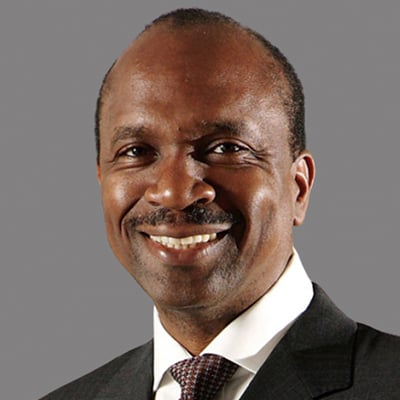Securing the Future for Maryland’s HBCUs
For Kirkland & Ellis partner Mike Jones, when a federal judge last year ordered the state of Maryland to remedy its chronic failure to invest in its historically black colleges and universities, it was the culmination of nearly a decade of pro bono work and a personal victory.
Alums of Maryland’s HBCUs filed the case in 2006, and Jones, an HBCU alum himself, joined in 2009. After a liability trial in 2013, U.S. District Judge Catherine Blake of the District of Maryland ruled for the plaintiffs, who alleged that by duplicating the HBCUs’ academic programs at traditionally majority white schools, the state had maintained a vestige of racial segregation.
Following mediation, a six-week trial was held on if and how the state should remedy the violation. Then, last November, Blake again ruled for the plaintiffs, ordering the appointment of a special master to oversee the creation of new, unique academic programs for HBCUs. Now on appeal at the U.S. Court of Appeals for the Fourth Circuit, the case is on hold for another round of mediation.
Jones said he believes what he told Blake in the courtroom: despite the state’s opposition, Maryland will be better off if it properly invests in its HBCUs.
“I believe that the state will ultimately come to embrace a remedial order in this case, when they find themselves with HBCUs that are the envy of the nation in terms of academic programs and diversity,” he said.
Lead plaintiff David Burton said the next ruling will have long-term significance for all HBCUs, not just those in Maryland. Jones’ HBCU alumnus status (he is a graduate of Dillard University in New Orleans) enhances his work on the matter, Burton said.
“On the one hand, [HBCUs] want to be the best and the brightest. On the other hand, they have to be accessible to those that don’t have the opportunity to go to school,” Burton said. “Having someone like [Jones] coming from an HBCU, that really understands the duality of HBCUs’ mission and the importance of that and this case, is priceless.”
Jones’ work speaks to what Kirkland’s director of pro bono, Julie LaEace, referred to as Kirkland’s “entrepreneurial” pro bono approach. The firm doesn’t require pro bono work, but its lawyers still seek out challenging cases that often have nationwide impact. That includes securing an injunction against President Donald Trump’s transgender military ban last year and influential wins on behalf of prisoner’s rights.
“Every attorney here understands that if you take on a pro bono case, you are handling that case like you would any other client matter,” LaEace said.
REPRINTED WITH PERMISSION FROM THE APRIL 30, 2018 EDITION OF THE AMERICAN LAWYER © 2018 ALM MEDIA INC. ALL RIGHTS RESERVED. FURTHER DUPLICATION WITHOUT PERMISSION IS PROHIBITED

